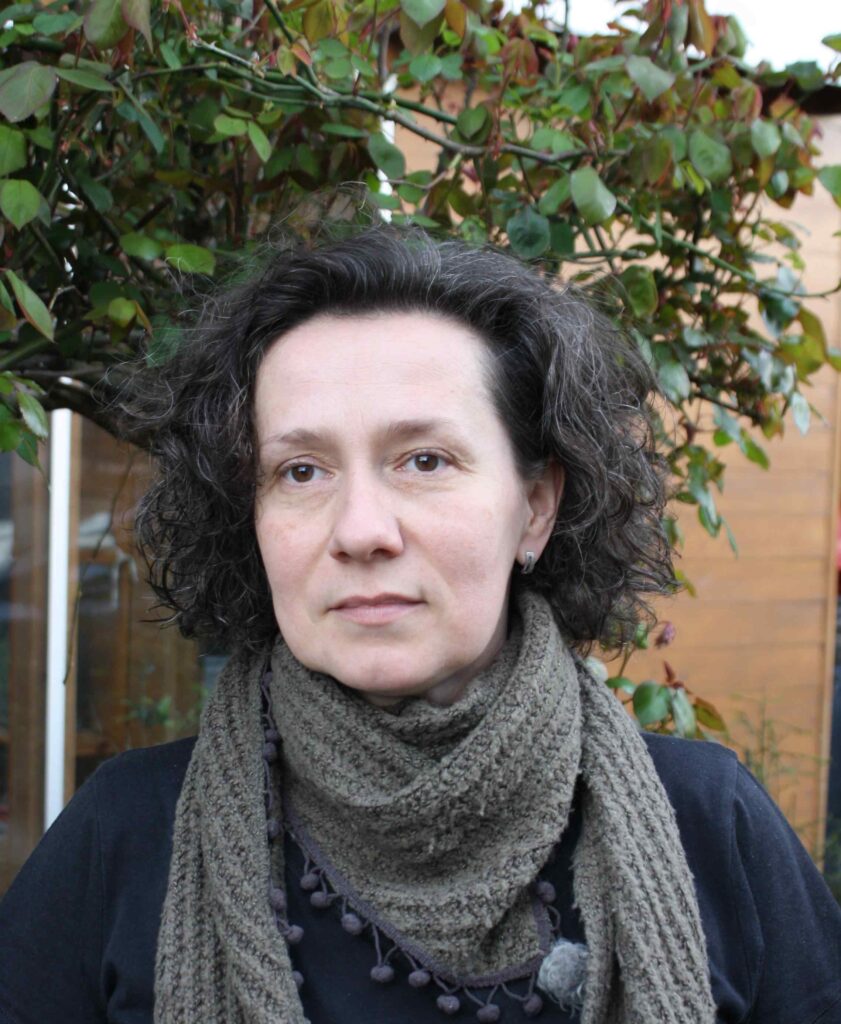Metals are the backbone of modern civilization, indispensable for countless technological applications and crucial to many biological processes. But it is only through advanced technology that we have begun to fully understand their distribution and behavior, unlocking the potential for groundbreaking research in a variety of disciplines.
This talk will introduce the audience to the important role of metals in fields such as geochemistry, environmental chemistry, materials science, and health assessment. From deciphering sediment deposition and their fate in landfills to studying the uptake of nutrients in biota and mitigating the harmful effects of pollution, metals offer invaluable insights into some of the most pressing scientific questions of our time. Interdisciplinary research has also unearthed exciting new applications for metals, such as linking their presence in certain organs to disease incidence and even exploring the mechanisms of bacterial survival in space.
Overall, the study of metals is important for understanding a wide range of scientific phenomena, and as interdisciplinary research and new analytical techniques continue to advance, it is likely that the importance of metals in science will only continue to grow.

Željka Fiket, PhD is a senior research associate and head of the Laboratory for Inorganic Environmental Geochemistry and Chemodynamics of Nanoparticles at the Division for Marine and Environmental Research of the Ruđer Bošković Institute. She holds a PhD in Oceanology from the University of Zagreb and was awarded by the L’Oréal-UNESCO for Women in Science. With her strong research interest in inorganic environmental geochemistry and a wide range of collaborations, she has had the opportunity to be (co-)author of more than 60 scientific papers and two book chapters, and to collaborate on or lead various projects. She is also a titular Assistant Professor in the Department of Geology in the Faculty of Science, where she teaches several courses, (co-)organiser of several Environmental Science Schools, and mentor of numerous graduate students, laboratory internships, and (currently only) 2 PhD students.